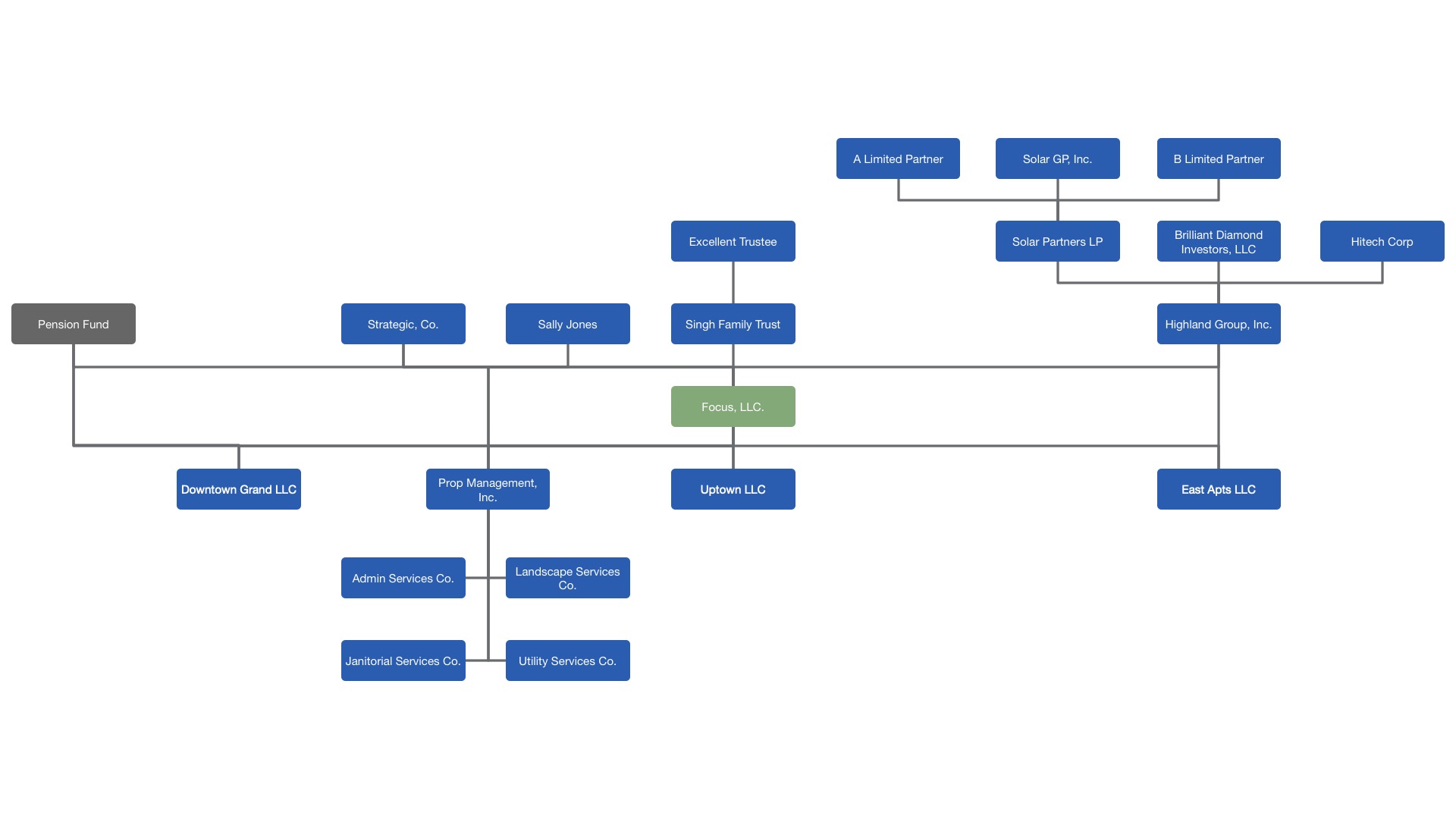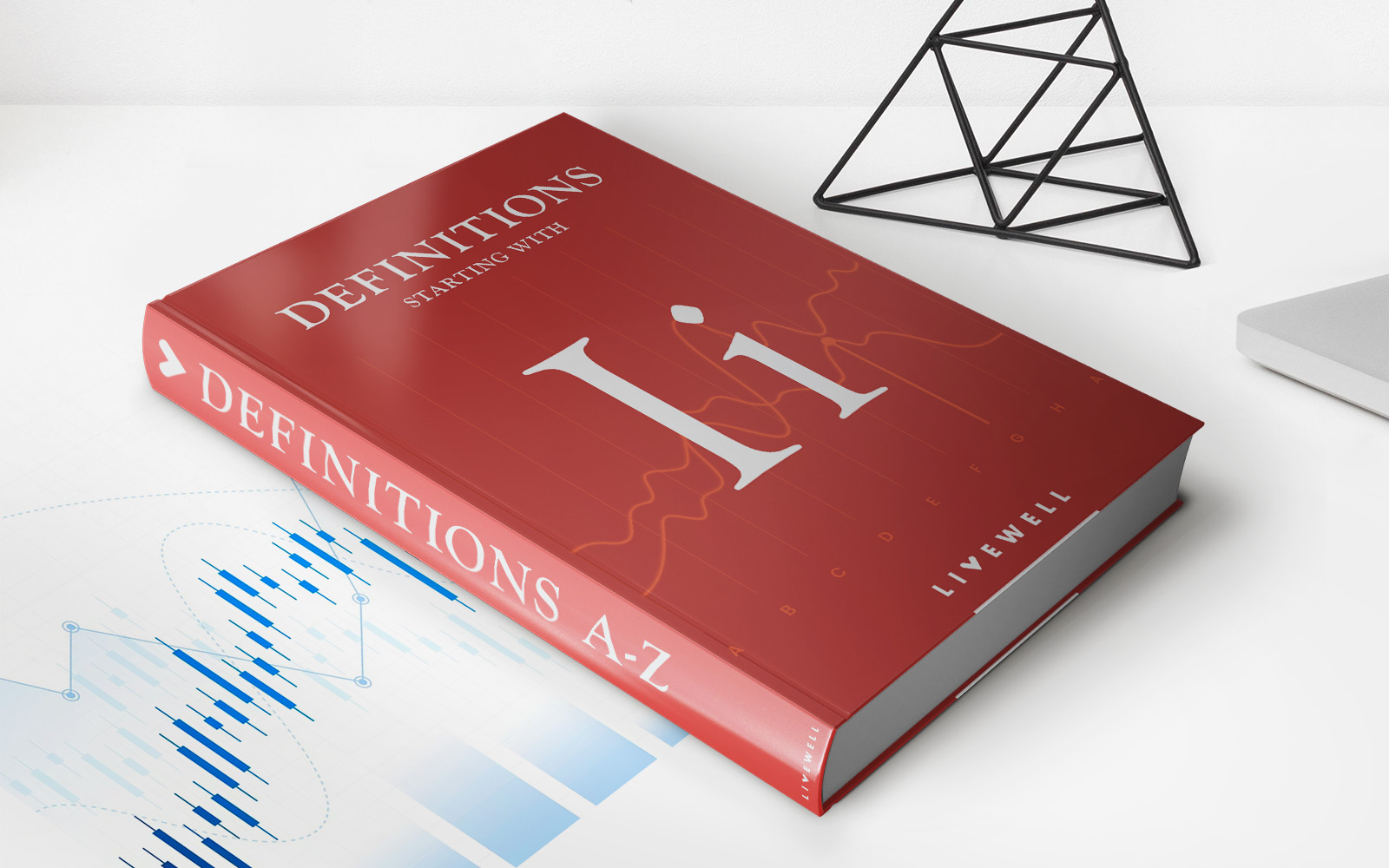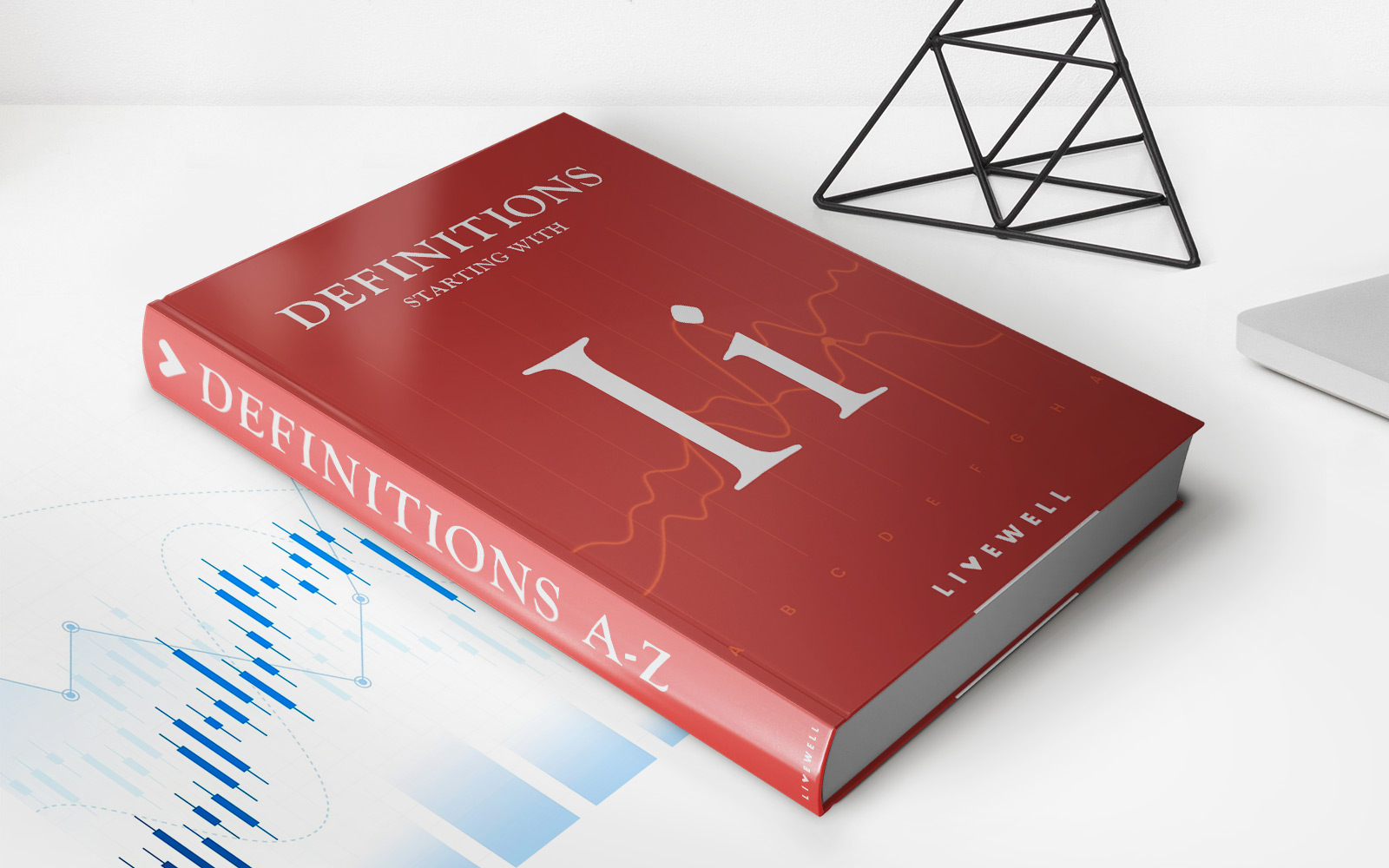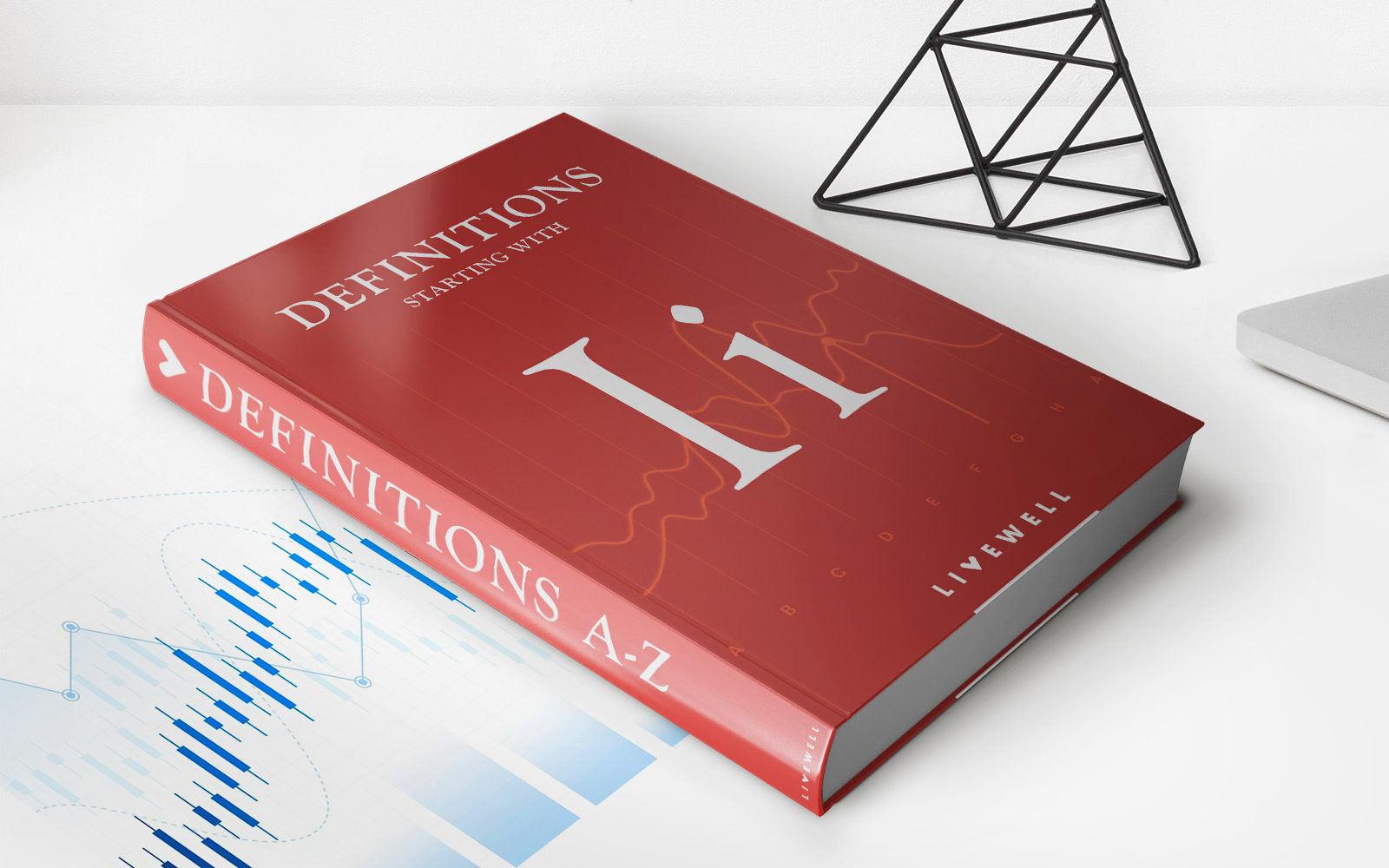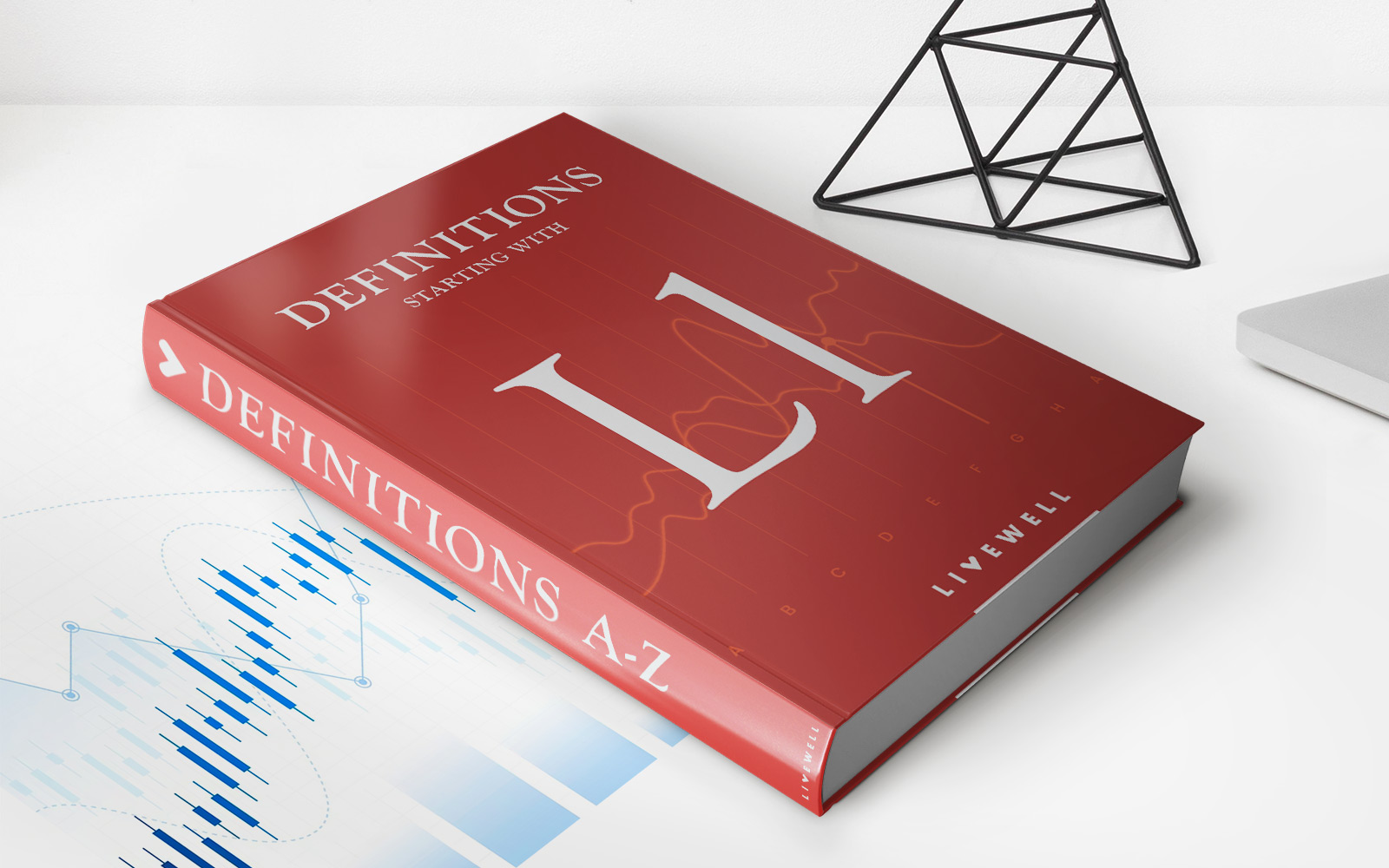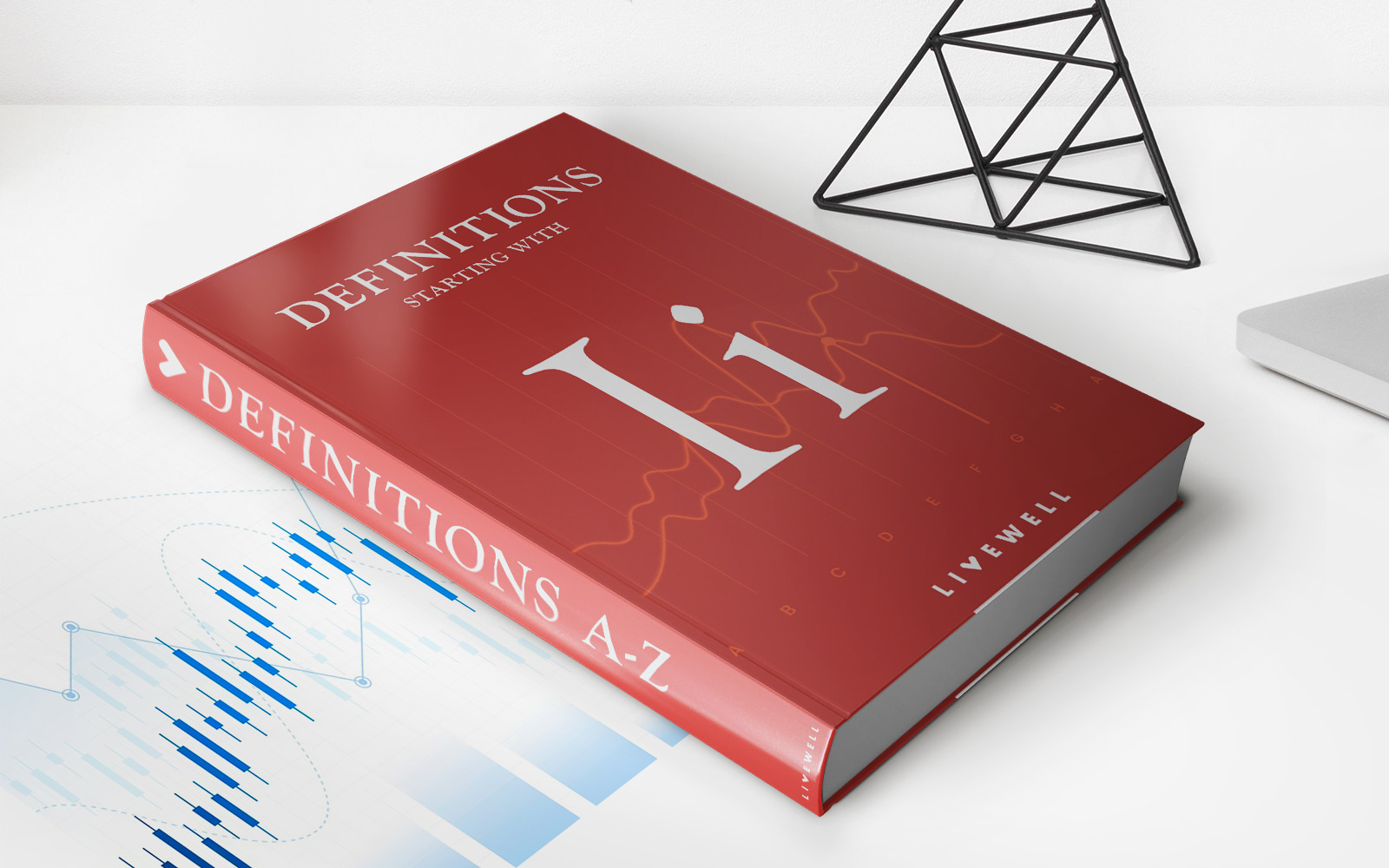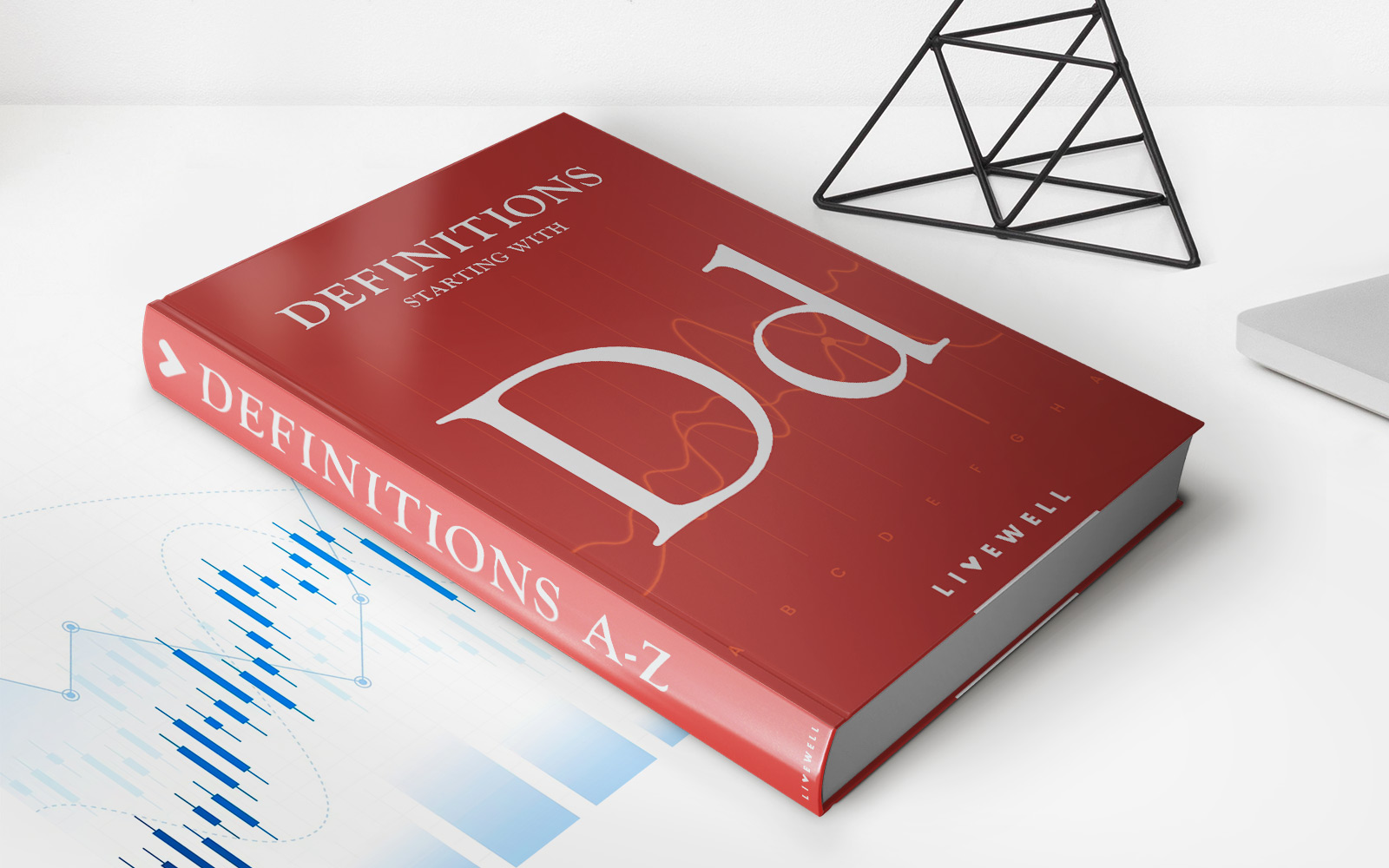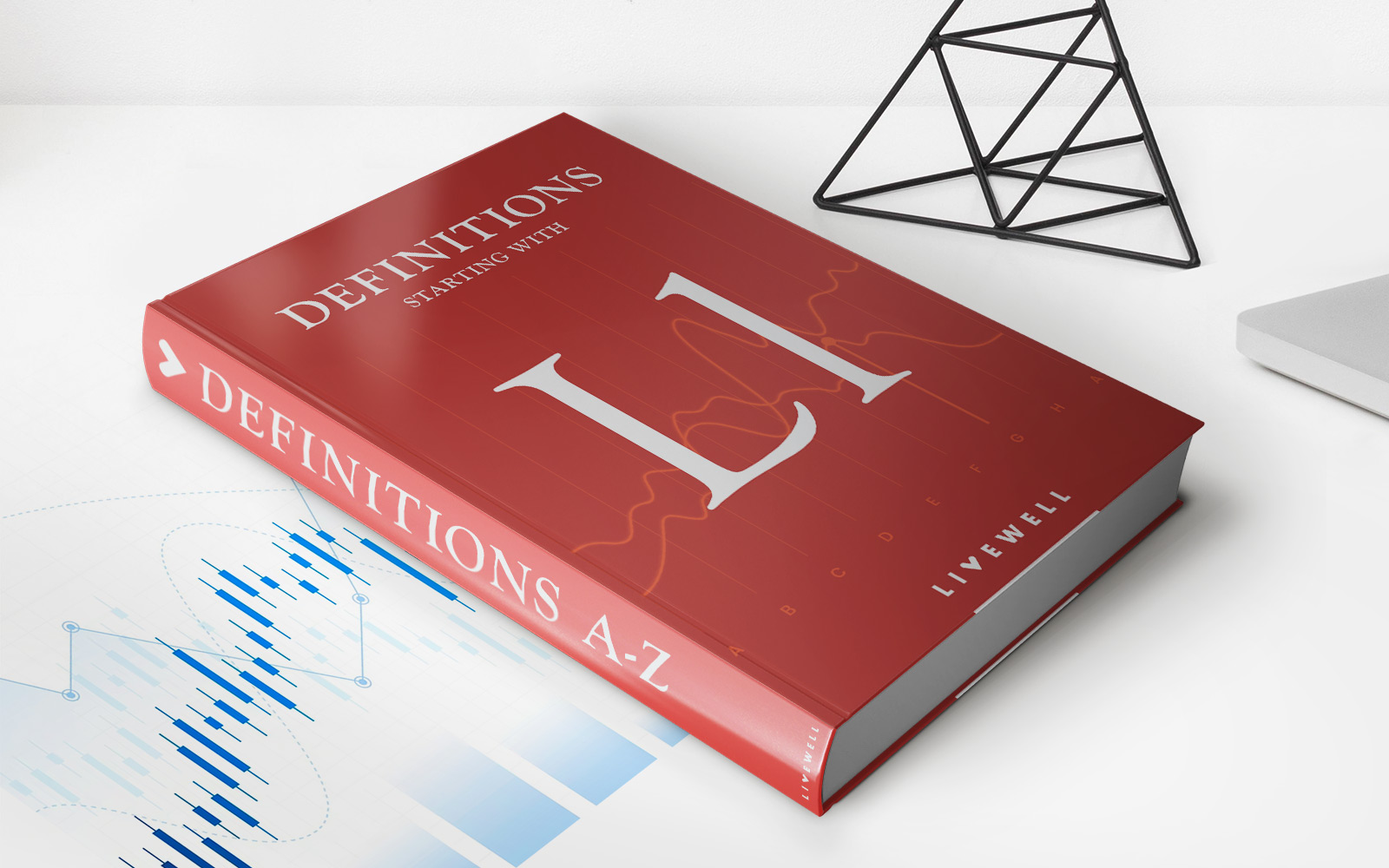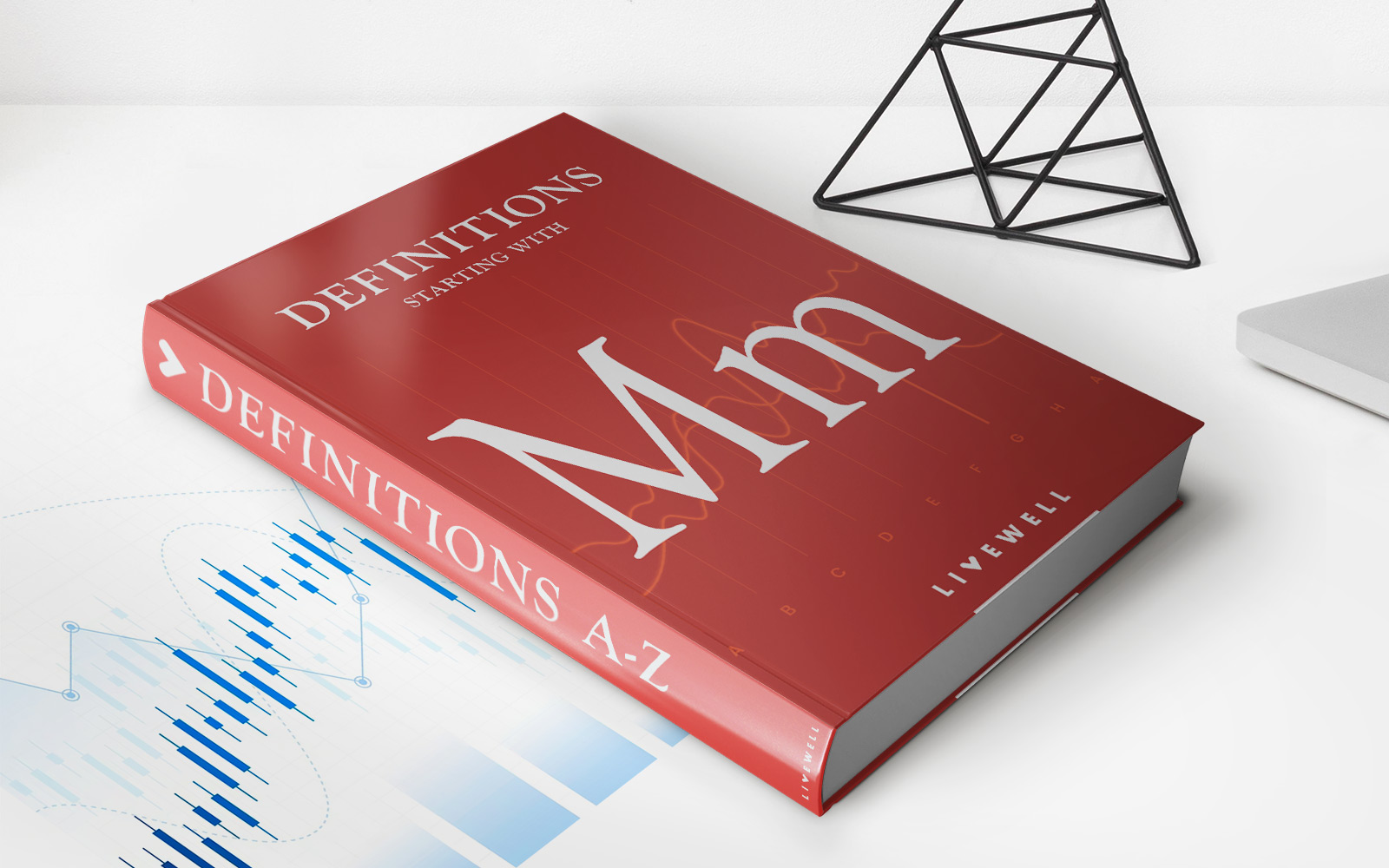Home>Finance>Implied Contract Terms: Definition And How Terms Are Set
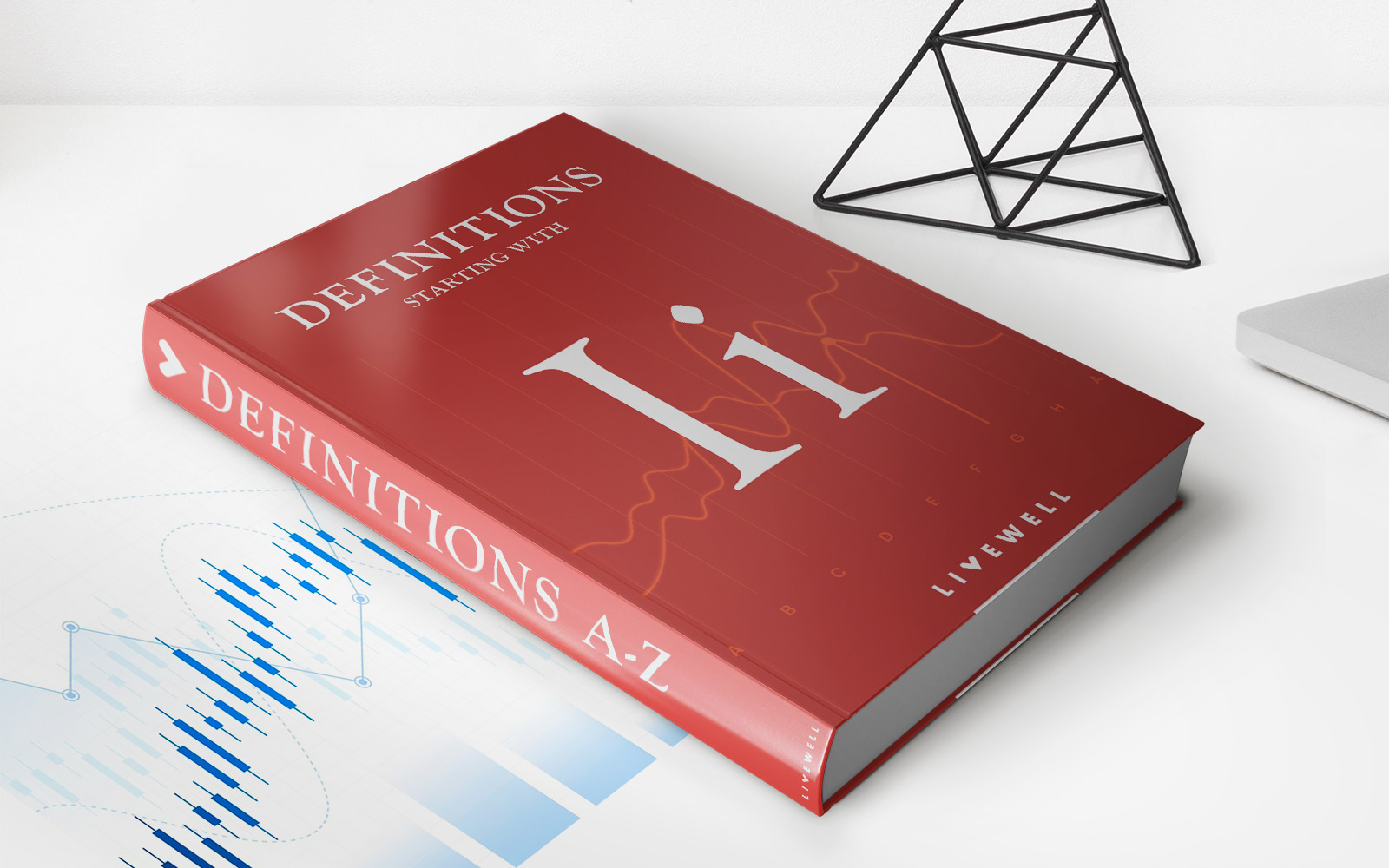

Finance
Implied Contract Terms: Definition And How Terms Are Set
Modified: December 30, 2023
Learn the definition of implied contract terms in finance and how these terms are determined. Get insights into the key factors influencing contract terms.
(Many of the links in this article redirect to a specific reviewed product. Your purchase of these products through affiliate links helps to generate commission for LiveWell, at no extra cost. Learn more)
Understanding Implied Contract Terms: Definition and How Terms Are Set
Contracts are the foundation of business relationships, providing a legal framework for parties to collaborate and transact. While most contracts include explicit terms that are agreed upon by the involved parties, there are also implied contract terms that are not explicitly stated but are understood to be a part of the agreement. In this blog post, we will delve into the definition of implied contract terms and explore how these terms are set, providing valuable insights for anyone navigating the world of contracts.
Key Takeaways:
- Implied contract terms are not explicitly stated in the contract but are understood to be a part of the agreement.
- The terms can be set through industry customs, past dealings between parties, or legal principles established by courts.
What Are Implied Contract Terms?
Implied contract terms are provisions that are not expressly mentioned in a contract but are nonetheless considered to be binding on the parties involved. These terms are inferred by law, industry customs, or previous dealings between the parties. While explicit contract terms are clearly written and agreed upon, implied terms can play a crucial role in defining the rights and obligations of both parties, helping to fill in gaps or clarify ambiguities in the contract.
Implied contract terms can come into play in various situations, such as employment contracts, purchase agreements, or service contracts. For example, in an employment contract, there may be an implied term that the employer will provide a safe working environment for the employee, even if it is not explicitly stated in the contract.
Types of Implied Contract Terms:
- Terms Implied in Law: These are terms that are automatically included in a contract due to legal principles or public policy, regardless of the intention of the parties. For example, in many jurisdictions, there is an implied warranty of merchantability, which means that goods sold must be of a certain quality.
- Terms Implied by Fact: These terms are inferred from the specific circumstances surrounding the contract and the parties’ conduct. They are often based on the reasonable expectations of the parties. For instance, if a person hires a professional painter, it is implied that the painter will provide the necessary materials to complete the job.
- Terms Implied by Custom or Trade Practice: These terms are based on industry customs and practices. They may be specific to a particular trade or profession and are generally well-known within that industry. For example, it is commonly understood that contractors will provide reasonable notice if a project will be delayed.
How Are Implied Contract Terms Set?
The establishment of implied contract terms can vary depending on the circumstances and jurisdiction. There are three main ways in which these terms are set:
- Industry Customs: Implied terms can arise from well-established industry customs and practices. These customs serve as a guide for parties entering into contracts within that specific industry. For example, the construction industry may have commonly understood practices regarding project timelines and payment terms.
- Past Dealings Between Parties: When two parties have a history of previous transactions, the terms of those past dealings can be implied in subsequent contracts. For instance, if a supplier has always provided goods within a certain timeframe and the buyer has consistently paid on time, it may be implied that these terms continue to apply to future transactions.
- Legal Principles Established by Courts: Courts play a significant role in establishing implied contract terms. Through case law and legal precedents, courts interpret and define the implied terms that should be found in specific types of contracts. These legal principles provide guidance in creating fair and consistent contractual obligations.
It is important to note that the specific terms implied in a contract may vary depending on the jurisdiction and the circumstances of the contract. Consulting with legal professionals or seeking legal advice is advisable to ensure that implied contract terms are properly understood and addressed in any contractual agreement.
Conclusion
Implied contract terms are an essential aspect of contractual agreements, filling in gaps and clarifying obligations that may not be explicitly stated. Whether derived from laws, industry customs, or past dealings, these terms can significantly impact the rights and responsibilities of the parties involved. Understanding how implied contract terms are established not only helps individuals to navigate contracts more effectively but also ensures fairness and transparency in business relationships.
By being aware of the various types of implied contract terms and how they are set, individuals can ensure that their contracts are comprehensive and aligned with legal and industry standards. Remember: contracts are the building blocks of successful business relationships and should be crafted with care and precision.
